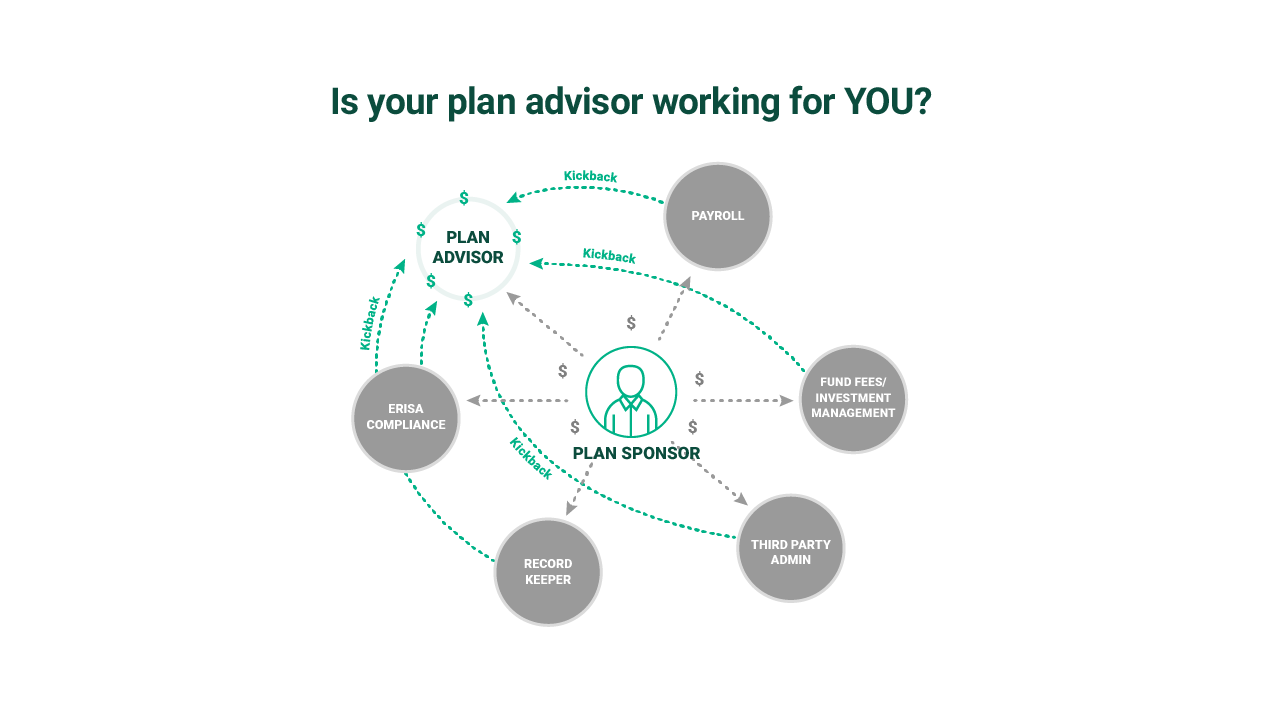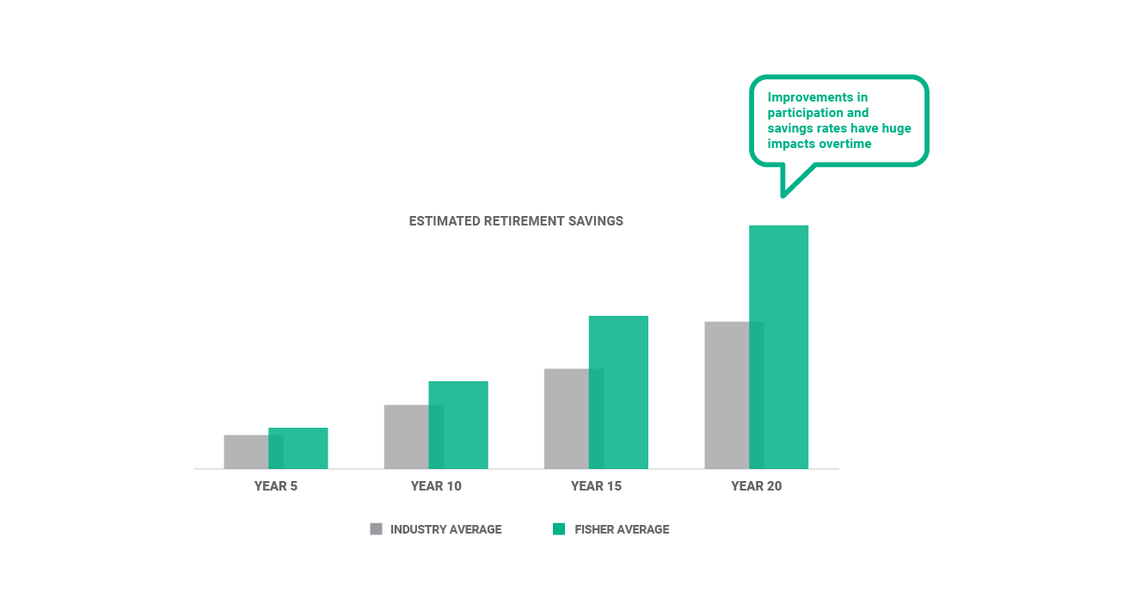Business 401(k) Services / Economics
Responsibilities of a 401(k) Fiduciary
The word “fiduciary” may sound like scary legalese, but it’s a term with a fairly simple meaning with big responsibilities: A 401(k) “fiduciary” is an individual or entity who manages an employer-sponsored retirement plan and its assets. If you make management decisions about your company’s 401(k) plan, there’s a good chance you are a fiduciary—and it’s important to keep in mind that decisions you make about your plan should be in the best interest of your employees. ERISA laws are the primary laws that govern your actions as a fiduciary.
Your status as a fiduciary is based on what you do and what decisions you make for the plan, including: administering or managing a plan, controlling the assets (money) in the plan, or making decisions regarding the investments that are available to you and your employees.
What Are The Responsibilities Of A 401(K) Plan Fiduciary?
From a legal perspective, your main responsibility as a fiduciary is to make decisions on behalf of the 401(k) plan that are in the best interest of your plan’s participants. More specific responsibilities include:
- Making and keeping track of plan decisions
- Monitoring investment options
- Hiring and monitoring service providers
- Determining fairness of fees
- Following the plan document
Your 401(K) Plan May Have Many Fiduciaries—and You Can Hire A Fiduciary
401(k) plans need to have at least one fiduciary—either a person or a financial institution—but for some plans, the fiduciaries may include a committee or a board of directors. For many small businesses, the owner, CEO, CFO, or HR manager act as the plan fiduciary. In addition, other plan fiduciaries might include:
- The trustee (the person or entity responsible for holding the plan’s money)
- Those who select members for your company’s committee (if your company has one)
- An investment adviser like a 3(38) Investment Manager (or another entity who will share or take on some of your fiduciary responsibility)
You can delegate some of your fiduciary responsibilities to other entities to help you manage the plan, such as a financial institution. Some firms, such as those that are designated as a 3(38) Investment Manager, will take on your fiduciary responsibility to select, monitor, and update the investments available to you and your employees in your company 401(k). Your responsibility would then be to monitor the firm you hire.
How Do You Know When You’re Making A Decision As A Fiduciary?
If you’re making a decision that impacts the way owners or employees are able to use their current retirement benefit, you’re making a fiduciary decision. However, it’s important to distinguish a fiduciary decision from a business decision—the decision to start or end a company 401(k) would be considered a business decision. If you’re not sure whether a decision you’re making is related to your fiduciary responsibilities, consider consulting a retirement adviser.
Here’s Why It’s Important To Know Your Fiduciary Responsibilities
You should know your fiduciary responsibilities primarily for one reason: to manage your plan effectively in the best interest of your employees while minimizing your liability.
Fiduciaries who aren’t aware of the law or don’t perform their duties may be personally liable to restore any financial losses to the plan and employees.
The Department of Labor, the government agency that regulates 401(k) plans and enforces ERISA laws, has developed a guide specifically for meeting your fiduciary responsibilities.

See our Business 401(k) Insights
Resources and articles to help your business with retirement plan support, optimization and administration.





